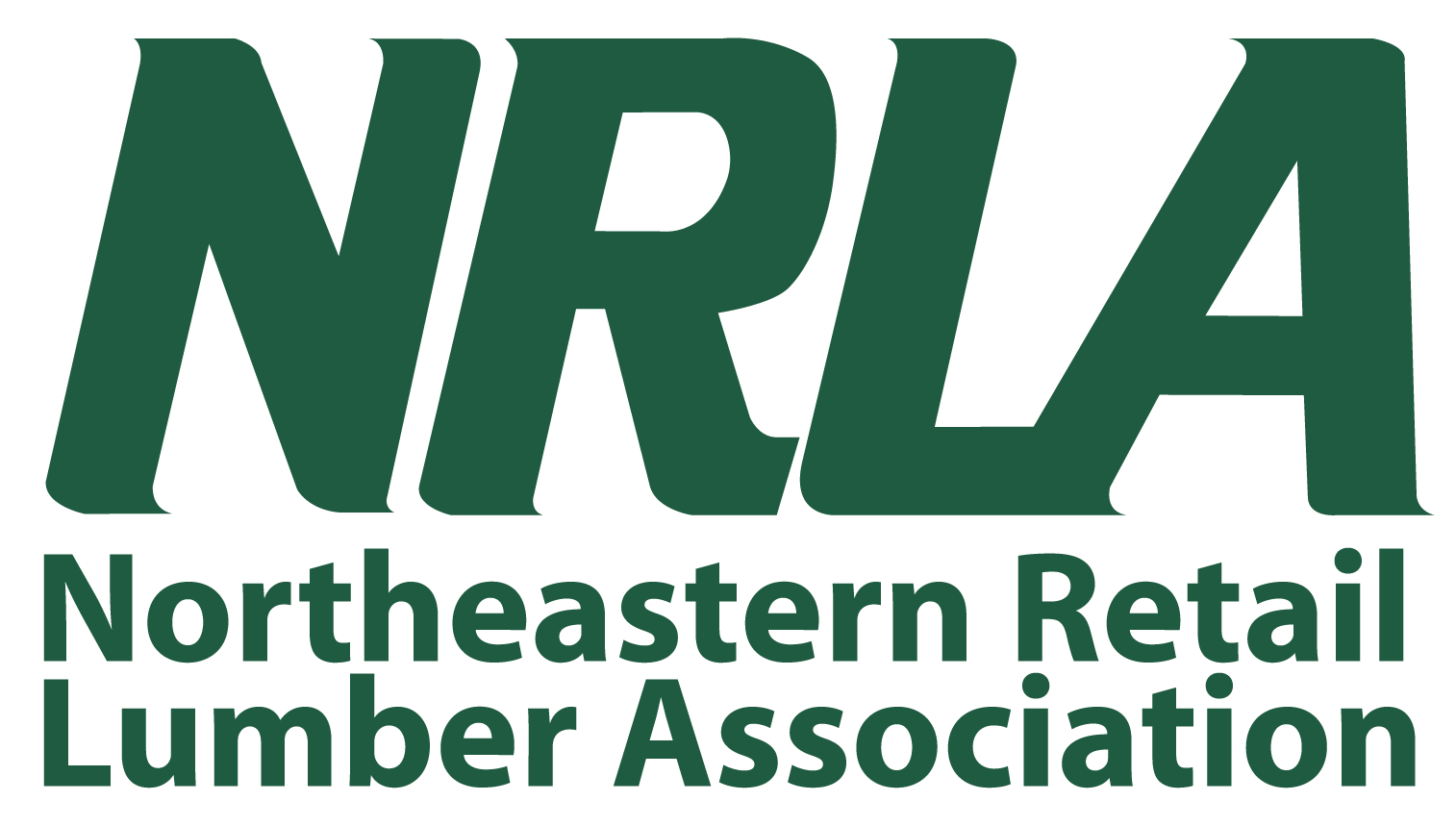The regular legislative session of the Connecticut General Assembly is well underway: committees are holding public hearings, including Appropriations on the Governor’s budget, introducing bills and approving legislation. Several committees have already reached their deadlines to act on bills or have considered and approved all bills that originated there and completed their work prior to their deadline.
In addition to the state budget, lawmakers are confronting a number of significant public policy issues, including several policies affecting the Lumber Dealers Association of Connecticut such as vehicle emissions standards.
This is a report concerning legislation and public policy the Lumber Dealers Association of Connecticut is participating in or monitoring during the 2024 legislative session.
Vehicle Emissions Standards
The legislature is considering the policy related to the Department of Energy and Environmental Protection’s Proposed Emissions Standards for Cars and Trucks. The regulations, which were announced in July to target cleaner vehicle emissions and require manufacturers to deliver 100% electric vehicles by 2035, were withdrawn by the Governor in November. The regulations were opposed by a number of residents and organizations, including LDAC, which is a member of a coalition of organizations opposed to the regulations.
House Bill 5485, filed in the Transportation Committee, establishes a 40-member Electric Vehicle Infrastructure Coordinating Council, which includes stakeholders representing municipalities, electric utilities, and manufacturers of electric vehicles and charging infrastructure. The council will “assess and report on strategies and plans necessary to ensure the affordable, equitable, accessible and reliable integration of battery electric vehicles, fuel cell electric vehicles, plug-in hybrid electric vehicles, and range-extended battery electric vehicles into the state’s transportation network.”
The committee held a public hearing on the bill last week and LDAC filed testimony raising a number of comments and concerns that should be addressed before the committee approves the bill, including expanding the Council to include a lumber and building material dealer and assessing the types and number of businesses potentially affected on an industry-by-industry basis, including the lumber and building materials sector. The Governor has indicated he doesn’t support the measure. LDAC is working closely with the Motor Transport Association of Connecticut and the Connecticut Energy Marketers Association to oppose the bill.
Association Health Plans
Employee health benefit consortiums or multiple employer welfare arrangements, also known as association health plans, would be authorized by House Bill 5247 before the Insurance Committee. In testimony to the committee in support of the bill, LDAC said it would alleviate financial strain and make it more affordable for small businesses and provide greater affordability, access and choices for employees.
The bill is widely supported by a number of organizations representing small businesses, CBIA, restaurants and chambers of commerce. A bipartisan group of lawmakers, including the House chairman of the committee, is advocating vigorously for passage. Opponents argue that using an employer’s risk profile to determine rates will help employers with a younger, healthier workforce, and potentially harm employers with an older workforce or one that includes people with disabilities and chronic illnesses. They also claim it could destabilize the small and individual health insurance market in Connecticut by bringing insureds currently in those markets into these plans, which will raise premiums for those who remain in or want access to individual and small-market health insurance.
The committee held a public hearing on the bill last month; it is pending in committee. We have advocated LDAC’s support for the measure with several committee members, lawmakers in support and other proponents of the bill.
Predictable Scheduling
Senate Bill 413, An Act Concerning Predictable Scheduling, requires employee work schedules to be published two weeks in advance, written notice to employees of any changes in the schedule and revisions posted within 24 hours of a change. Penalties for violations include compensation to employees; complaints to the Labor Commissioner, civil actions, damages, penalties and equitable relief; and civil actions by whistleblowers on behalf of the state with significant rewards.
LDAC opposes the bill and submitted testimony to the committee for the public hearing, arguing that it would impose a significant burden on small businesses and adversely affect job growth in the state. The nature of the building materials industry requires changes be made to schedules unexpectedly and on short notice. Building material dealers strive to publish employee work schedules with as much advance notice as possible, but the nature of the industry and construction means that unexpected events arise and the specific needs of owners often do not allow for schedules to be predictable.
The Labor Committee voted yesterday to approve the bill. The policy has been around for several years and it has become very partisan; it’s hard to determine whether it will pass, but LDAC will have to remain very vigilant and participate with a coalition of organizations opposed to the bill as it advances in the process.
Noncompete Agreements
A bill approved recently by the Labor Committee would invalidate all noncompete agreements for non-exempt (hourly) employees, exempt (salaried) employees earning less than three times the minimum wage (currently, $97,905 per year), and even certain independent contractors on July 1, 2024. House Bill 5269 is supported by the Governor’s office, labor organizations and trial lawyers. In remarks to the committee opposing the bill, CBIA said noncompete agreements are “already highly restricted by the courts to protect employees and are critical to preventing economic harm caused by the loss of a business’ most important assets.”
Affordable Housing
The state has a significant need for affordable housing – up to 100,000 units, according to some estimates. The Governor and lawmakers have identified affordable housing as a priority this session.
Senate Bill 6, sponsored by Senate leadership, establishes the Housing Growth Fund, which would award grants to municipalities based on the amount of growth in affordable housing compared to the state-wide growth in affordable housing. Also, the bill provides incentives for converting commercial property into residential use, which would increase the overall number of homes available in the state while removing vacant commercial buildings.
The bill, which the committee approved on March 7, establishes a program for the Commissioner of Housing to administer a system of tax credit vouchers for property owners converting commercial buildings into residential developments and for taxpayers making contributions that are qualified conversion expenditures. Additionally, it provides for a reduced sales tax of three percent for the sale of tangible personal property purchased for the construction of a new residential development project as long as the project contains at least fifty dwelling units of affordable housing, and a reduced excise tax of three percent for the storage, use or consumption of tangible personal property used for the construction of a new residential development with at least fifty dwelling units of affordable housing.
Anti-business Policies
LDAC is monitoring several bills and policies that would harm small businesses and lumber and building materials dealers.
Unemployment for striking workers
Striking employees would be allowed, under House Bill 5164, to collect unemployment benefits after a period of two consecutive weeks striking. The bill could adversely affect the solvency of the state’s Unemployment Trust Fund, lead to delays on construction projects and raise costs for municipalities and the state. On March 7, the Labor Committee amended and approved the bill to limit it to labor disputes that begin on or after Dec. 14, 2025. The bill goes to the House for further consideration; a similar bill has passed the Senate in the past. The Governor has indicated he doesn’t support the bill.
Paid sick leave
Senate Bills 7 and 12 and House Bill 5166, from Senate leadership, the Governor and Labor Committee, respectively, would expand paid sick leave to all businesses in the state. The Governor’s bill would require employers of all sizes to provide 40 hours of paid sick time. Some labor organizations support the bill; many organizations representing businesses are opposed. In a press release issued yesterday, the Governor urged the legislature to approve his proposal, Senate Bill 12. The bill would, he said, “ensure that more workers have the ability to take time off from work when they are sick or need to care for a sick family member without sacrificing a day’s wage or risk losing their employment. The proposal will also enact safeguards in these statutes for small businesses to ensure that the right to paid sick days is not being misused.”


